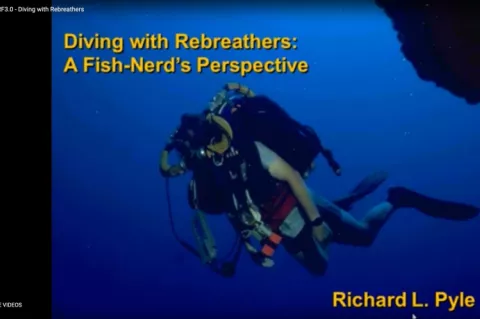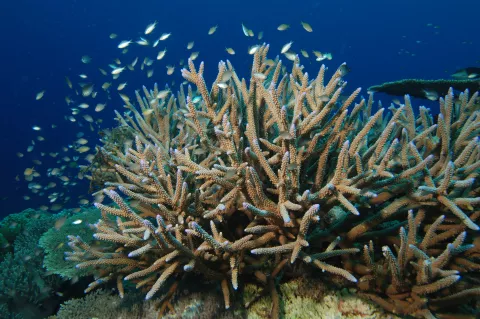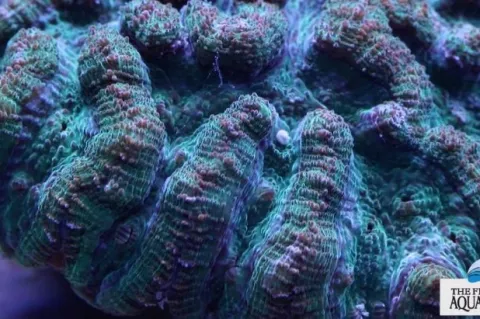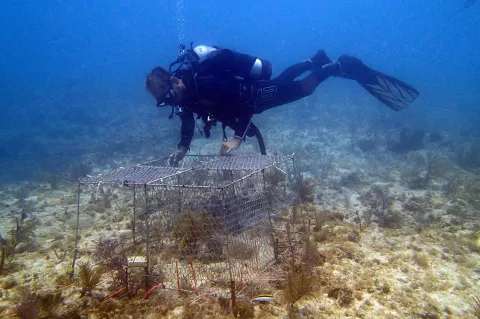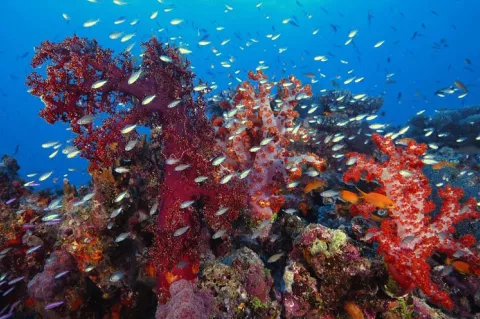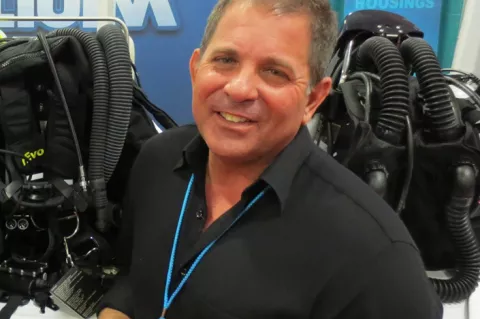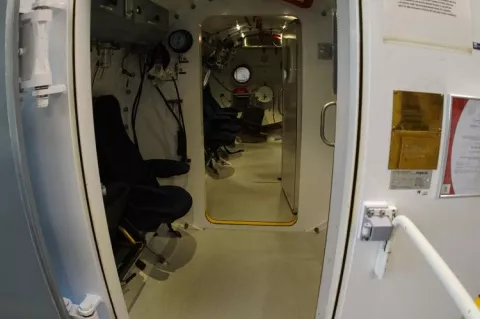Rebreather Forum 3: Diving with Rebreathers
Richard Pyle is an early adopter of technical-diving practices and is known around the world as a rebreather diver and designer. He is a highly respected Ichthyologyist (in plain English a scientist who studies fish) and he has discovered many new species of fish.
A dive with a profound effect
When Richard Pyle was 19 he was living and diving the western Pacific Ocean off Palau. During his time there he suffered a very serious case of decompression sickness and became quadriplegic.

